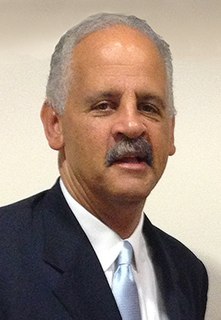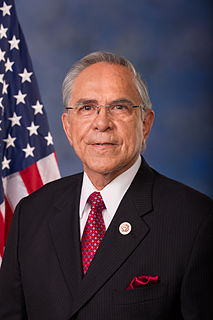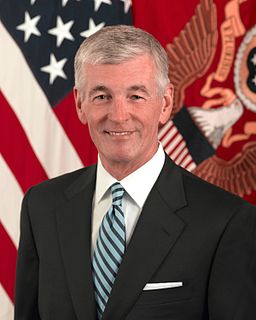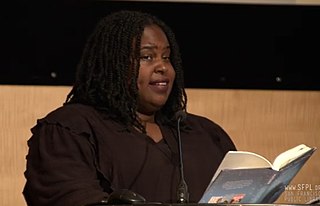A Quote by Drew Gilpin Faust
High school students ought to seek out campus communities where they feel not only empowered to engage their talents, but also challenged to leave their comfort zones. The ability to embrace new opportunities emerges, in part, from a willingness to take risks and to fail.
Related Quotes
There are always risks when you chase after a dream because growth requires that you leave your comfort zone and enter unknown territory. But without confronting those risks and facing your fears, you'll never, as Nike says, "Just do it." Now the truth is, you may fail in some of your efforts, but you will never succeed if you are not willing to risk failure. And even if you do fail, you can learn from the experience and try again. To do that, you will need courage, and you will also need to have faith in your ability to achieve your goals.
Thomas Stanley has not only found no correlation between success in school and an ability to accumulate wealth, he's actually found a negative correlation. 'It seems that school-related evaluations are poor predictors of economic success,' Stanley concluded. What did predict success was a willingness to take risks. Yet the success-failure standards of most schools penalized risk takers. Most educational systems reward those who play it safe. As a result, those who do well in school find it hard to take risks later on.
Let's also make sure that a high school diploma puts our kids on a path to a good job. Right now, countries like Germany focus on graduating their high school students with the equivalent of a technical degree from one of our community colleges, so that they're ready for a job. At schools like P-TECh in Brooklyn ... students will graduate with a high school diploma and an associate degree in computers or engineering. We need to give every American student opportunities like this.
But all was not sunshine and Marvin Gaye songs. [UCLA] also recruited black students as part of a High Potential Program that was meant to bring diversity to the campus. Two of the students that were part of that program were Alprentice "Bunchy" Carter and John Huggins, Jr., both members of the Black Panther Party's Southern California Chapter.
The Fourth Industrial Revolution has the potential to empower individuals and communities, as it creates new opportunities for economic, social, and personal development. But it also could lead to the marginalization of some groups, exacerbate inequality, create new security risks, and undermine human relationships.
At 16, when I was at Henry M. Gunn High School, I had a crush on the English teacher, and my grades improved dramatically. This great school had only 400 students, mostly children of Stanford professors, and it was more usual to have classes under one of the oak trees dotted around the campus than in the classroom.
Think, for a moment, about our educational ladder.
We've strengthened the steps lifting students from elementary school to junior high, and those from junior high to high school.
But, that critical step taking students from high school into adulthood is badly broken. And it can no longer support the weight it must bear.








































